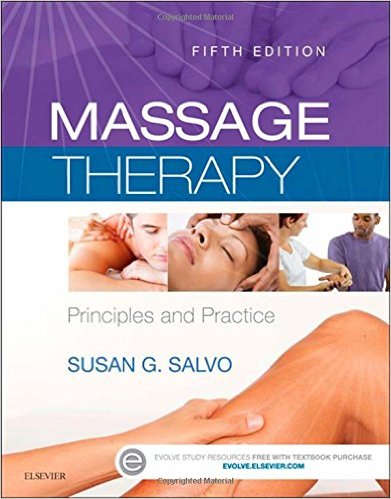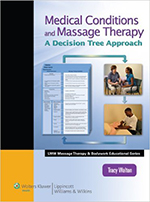To earn full credit for an assignment, you are required to submit or complete assignments by 11:59 p.m. MT on the due date or e-mail the instructor by the due date about your inability to submit the assignment. You will then have one week to complete the assignment. If you fail to notify the instructor, it is at the instructor's discretion to accept the late work.
Any late work will be graded subject to the instructor's discretion and a point deduction of 2% per day from the grade achieved may be imposed. You are allowed one non-emergency related late work submission per course within a single term and only after communicating directly with the classroom teacher.
No late submissions will be permitted beyond the end of the course unless arrangements have been made with your instructor and you will be taking an "incomplete" in the class. All incomplete work must be completed within two weeks of the end of the term. No work will be accepted that is more than one week late unless you have made arrangements with the instructor. Final exam extensions may only be granted by the College.
Emergencies and Extenuating Circumstances: If there is an extenuating circumstance that prevents you from completing assignments, you must contact the instructor to make alternative arrangements. E-mail your instructor the information about your emergency and request approval to make up the assignment, lab, quiz, or exam. Threaded discussions may not be made up.
Active communication is the key to overcoming any hurdles you may encounter during the term. It is your responsibility to inform your instructor of extenuating circumstances that might prevent you from completing work by the assigned deadline. In those situations, your instructor will work with you to come up with a mutually acceptable alternative. However, prior notification does not automatically result in a waiver of the late penalties.
Please note that evaluation of extenuating circumstances is at the discretion of your instructor and documentation may be required. Examples of extenuating circumstances may include but are not limited to: personal/family member hospitalization, death in the family, weather/environmental evacuation due to fire/hurricane, eCollege server outages or disruptions in service, or active military assignment where internet connectivity is unavailable for a limited time period.
Computer-related issues and Internet connectivity issues are not considered extenuating circumstances.
All submissions are considered final and no resubmissions will be permitted unless they are solely for the purpose of additional feedback and pointers.
For on-ground classes, please see the Carrington College catalog for the late work policy.




